|
Last month, North Dakota and West Virginia passed state equivalents of the federal Religious Freedom Restoration Act (RFRA). With these two additions, one-half of U.S. states now have such laws that fulfill the First Amendment’s guarantee of the free exercise of religion.
The original RFRA was enacted by Congress in 1993 in response to the Supreme Court’s decision in Employment Division v. Smith, a case that jettisoned the strong “compelling interest” standard in free exercise of religion cases in favor of a test that allowed the government to burden religion as long as the burden was imposed in a way that was neutral and generally applicable. Since its enactment, RFRA has faced numerous legal challenges and undergone significant interpretations by the courts – some of which expanded its reach, and others which narrowed it, such as the Ninth Circuit’s decision in Navajo Nation v. U.S. Forest Service. In recent years, states have passed their own versions of RFRA to clarify the legal protections afforded to religious beliefs and practices within their borders. With North Dakota and West Virginia joining the list of states with RFRA laws, twenty-five states now have their own form of RFRA. State courts have adopted this standard in nine additional states. Supporters of RFRA laws argue that they are essential to protecting religious liberty, a fundamental human right. They contend that government policies and regulations should not be allowed to unduly burden the exercise of religious beliefs and practices, and that RFRA laws provide a necessary check on government overreach. Opponents of RFRA laws see it as justifying discrimination. Some states are aggressively acting against the free expression of religion. Who knows? Perhaps disobedience to the law of the land may well one day soon prompt the U.S. Supreme Court to clarify matters by holding that the “compelling interest” standard that protects the observance of other constitutional rights also protects the free exercise of religion. Until then, state RFRAs and the federal RFRA will have to fill the void left by Smith’s misinterpretation of the Free Exercise Clause. The U.S. Supreme Court is set to hear a pair of cases in which local officials blocked criticism from constituents on social media sites. At stake is the question of what constitutes a public forum that must be open to critics and their pesky questions.
In one case, two members of a local school board in San Diego County used Facebook and Twitter accounts to communicate with constituents, inviting them to board meetings, and discussing issues. When two parents kept posting repetitive and lengthy comments critical of the two school board members, the officials blocked them. The parents sued on First Amendment grounds. After all, if these sites were being used as public fora, didn’t they have a right to be heard? A three-judge panel of the Ninth Circuit Court of Appeals considered their argument and ruled in favor of the plaintiff parents. “When state actors enter that virtual world and invoke their government status to create a forum for such expression, the First Amendment enters with them,” wrote Judge Marsha S. Berzon. Now the Supreme Court is set to review that matter and a split between the lower courts in a second case in which the constituent plaintiff lost. In that case, a Michigan man set his Facebook account, stocked full of personal posts, as a page to receive public and unlimited followers. He listed himself on his page as a “public official,” and included some communications about his official business after he later became the city manager of Port Huron, Michigan. But his page had begun, and largely remained, a personal one. When the inevitable constituent-critic emerged, the city manager blocked him. That constituent sued, arguing on First Amendment grounds that he should not be excluded from the page. That lawsuit failed before the Sixth Circuit Court of Appeals, where the ruling was for the defendant city manager. These two cases raise a host of interesting questions. Among them: Does communicating with constituents on official business convert a personal social media account into an official platform open to all? Do repetitive comments from constituents represent spam? If so, is spam speech or can it be blocked? After all, one cannot show up to a city council meeting, seize a microphone, and say the same thing over and over for hours. When a Facebook page is begun for purely personal reasons – showing family picnics, vacations, and birthdays, as in the Michigan case – and later includes some official business, does it become a public forum or does it remain personal? These cases echo a more prominent social media user with a lot more constituents. In 2019, a federal appeals court in New York held that President Trump’s Twitter account was a public forum on which he could not exclude anyone, including his most vociferous critics. That ruling became moot after Trump lost the election. But the question stuck. It had prompted Justice Clarence Thomas to muse about how to apply First Amendment doctrine to social media’s subtle and often invisible power to block, delist and downgrade. These cases will offer the first glimmers of the Court’s evolving doctrine on the limits and responsibilities of social media platforms under the First Amendment. Protect The 1st will report on the oral arguments in these two cases, O’Connor-Ratcliff v. Garnier and Lindke v. Freed, in the fall. Protect The 1st Policy Director Erik Jaffe on a panel on censorship Tuesday makes a provocative case that almost all government speech constitutes interference with the marketplace of ideas (1:06 mark).
Colorado adopted a first-of-its-kind law that would restrict the ability of physicians to discuss a treatment for women who are having second thoughts about a chemically induced abortion. The new law restricts progesterone treatment, a popular method to reverse a chemical abortion, and forbids physicians from even informing them that such a treatment exists.
This law is the mirror image of legislative proposals in red states that would allow individuals to take civil legal action with high punitive awards against anyone who helps or informs women about obtaining abortions in other states. Whether the intent is pro-abortion or anti-abortion, or the state red or blue, the deployment of penalties, fines, and lawsuits to try to shut up physicians and friends violates the First Amendment. For this good reason, Protect The 1st opposes any such laws that violate the First Amendment by micromanaging physicians’ speech. Objections to the regulation of speech is the prime reason why Colorado Catholic clinic Bella Health and Wellness is going to court to overturn the Colorado law. Bella Health is suing the state because it feels "religiously compelled” to offer this treatment. Here's the backstory: chemical abortions occur when pregnant women take two pills — mifepristone and misoprostol — back-to-back over the course of up to 48 hours. The first, mifepristone, blocks the body’s production of progesterone, a naturally-occurring hormone that is essential to the maintenance of a healthy pregnancy. The second, misoprostol, causes cramping and bleeding to empty a woman’s uterus, which is described as “very similar to an early miscarriage.” While the use of mifepristone and misoprostol is one of the most common means used to terminate a pregnancy, some women reconsider their choice after taking the first pill. To counteract its effects, many healthcare providers offer progesterone treatment, which can sometimes work by providing enough progesterone to maintain the pregnancy. According to Becket, the law firm that represents Bella Health, the Colorado law targets pro-life clinics like Bella by making it illegal to offer women progesterone. Bella can offer the hormone to women in any other circumstance but not if the purpose is to reverse the effects of an abortion pill. If Bella continues to offer and advertise progesterone for women who seek to reverse an abortion, the healthcare provider faces up to $20,000 per violation and the loss of the medical licenses of its providers. The case of Bella Health will appear before Judge Daniel D. Domenico, who has placed a temporary restraining order on enforcement of the law. Any law that seeks to gag healthcare providers and punish them for observing their deeply held convictions – whether pro- or anti-abortion – violates the First Amendment. Not only do doctors lose their freedoms when government dictates what they can or cannot say, such laws also deprive patients of their right to choose the best treatment plan for themselves. The victory of Dominion Voting Systems in securing a $787.5 million settlement against Fox News over its false claims about the election demonstrates that even high-profile plaintiffs can prevail under today’s libel law, despite the higher bar a “public figure” must clear to win.
There has been some concern over whether the distinction between public and private figures has been so blurred by the courts that the prevailing NYT v. Sullivan standard may reach too far beyond its original application, making it too difficult for severely libeled private parties to obtain redress. But Dominion certainly qualified as the corporate equivalent of a “public figure.” And yet it managed, in the court of public opinion at least, to clear that high bar showing “actual malice” on the part of the defendant, Fox News. Tuesday’s settlement – even though it was not a verdict – shows that it is still possible to win under Sullivan. What about the impact of this settlement on a free press? Will this lawsuit have a chilling effect? Probably not. The statement put out by Fox acknowledged the facts of the case, and those facts were egregious. Overall, the outcome appears to be the functioning of a legal principle that worked as intended. We’ve joined with more than a dozen civil liberties organizations in an open letter warning Congress about the dangers of the Restrict Act, which would give the Secretary of Commerce sweeping powers over virtually all information technology. Some versions of the bill would criminalize speech about “national elections.”
“The scope of the act is enormous,” the coalition letter reads, “and may allow the administrative state to issue regulations affecting telecommunications, cryptocurrencies, press freedoms, and the use of and access to the Internet itself.” The bill would create criminal penalties that carry up to 20 years in prison and up to $1 million in fines, as well as civil asset forfeitures. If enacted, the Restrict Act would necessitate and likely authorize even more domestic spying on Americans than currently occurs, while making every American a potential suspect for communicating the “wrong” idea on the “wrong” platform or equipment. The Restrict Act would turn the Commerce Secretary into the nation’s telecommunications and speech czar. It is loaded with flagrant violations of the First Amendment. Rep. Aaron Bean (R-FL), chairman of the House Committee on Education and the Workforce, presided over a hearing Tuesday in which witnesses appealed to the heart as well as the head in making a persuasive case for school choice and the Educational Choice Act for Children. This latter is a bill, now before the House, that would amend the IRS code to allow tax credits for donations to create a national, $10 billion fund for private school scholarships for elementary and secondary school students. Supporters and opponents all agreed that the bill would provide a workaround on school choice for states in which the expansion of private options for children are stymied by local political forces. Witnesses testified there is solid evidence school choice has positive effects on civic engagement, crime reduction, and student safety. Not only do students in school choice do better academically, but many studies show the competition provided by school choice has a beneficial effect on public school performance. Protect The 1st supports school choice not just because of the demonstrated superiority of many private schools, but also because school choice enables parents to enjoy the First Amendment’s guarantee of the free exercise of religion. It does this by allowing them to send their children to a school that reflects their heritage and foundational beliefs. In Tuesday’s hearing, it was noted that if all U.S. Catholic schools were a state, their 1.6 million students would rank first in the nation across the NAEP reading and math scores for fourth and eighth graders. But in this hearing, policy points were overwhelmed by personal stories and moral appeals. “When a district school is failing or unsafe, school choice provides an exit option previously foreclosed to most families,” said Lindsey Burke of the Heritage Foundation. “But school choice is far more than an escape hatch; it is the mechanism that will create a rising tide that will lift all boats.”
Burke followed up on a comment made earlier by Rep. Warren Davidson (R-OH) that money should follow students rather than schools. “Pell Grant recipients aren’t assigned to particular colleges,” she said. “Food stamp recipients aren’t assigned to the grocery store closest to their home. Yet in K-12 education, students are assigned to the district public school closest to where their parents can afford to buy a home, even if that school is a poor fit for that child.” Asking why the future of children should be limited to their ZIP code, Rep. Burgess Owen (R-UT) said that school choice is “a civil rights issue.” He noted that 75 percent of African-American boys in California in 2017 could not pass standardized reading and writing tests. He said they are being denied the right to “read, write, think or dream.” Rep. Owens added that “no one in this room would send their child to such [an underperforming] school,” but there is a lack empathy for families that currently have no other choice. And those that are trapped are, he said, predominately “Black, Hispanic, those who cannot defend themselves.” Many persuasive witnesses spoke. But the show stealer was Denisha Allen of the American Federation for Children. Growing up in a distressed neighborhood in Jacksonville, Florida, Allen said: “I failed third grade – twice – because I couldn’t read. I felt so insecure. I just knew I was stupid. I was regularly humiliated by my peers because I was two years older than my classmates. Teachers sighed when I walked through the door. Unsurprisingly, I hated school.” “To me, school was not the window to opportunity but an obligation,” she said. “I thought school was a place I had to go so my biological mother would not go to jail – because that had happened before ... It seemed that my life path would follow in the same path as many of my family members, with dropping out or worse.” In the summer of her sixth-grade year, Allen moved in with her godmother, who applied for a Florida tax-credit scholarship to enroll in a small private church school. “I didn’t know my life was about to change. Every day at my new school, my teachers greeted me with a smile. I felt loved and seen,” she said. “Because I didn’t read on grade level, teachers would meet with me one-on-one to help me. They saw potential in me that I never had. My confidence grew. They didn’t view me as a chore but as a child of God – as a student capable of learning. “I went from making Ds and Fs, believing I would become a teen mom and a high-school dropout, to making As and Bs, becoming the first in my family to graduate from high school, then undergraduate college, and grad school – earning a master’s degree and going on to work full-time in this field to ensure that as many other students as possible get this incredible opportunity. “I wasn’t a failure. The public school system had failed me. Imagine all the students today who are like I once was – the ones who are trapped in poor-performing schools, who don’t read on grade level, are destined to drop out of school, become a teen parent, or spend the rest of their life behind bars. “Imagine telling those beautiful faces that there was a feasible alternative, that their liberation can come in the form of education freedom – but only if their state leaders prioritized students' needs above the systems that had failed them. “Yet in many states, the opportunity for America’s students, including its 7.7 million Black public school students, to access these potentially life-changing learning options remains out of reach,” Allen said. “The sad reality is students in many states will never access this type of life-changing opportunity unless Congress acts. There are many proposals to provide more options to parents – like the Education Choice for Children Act – it would allow parents to have education freedom now more than ever.” Watch the whole hearing here, with Denisha Allen at the 40-minute mark. In Tuesday’s oral argument in Groff v. DeJoy, Justices of the U.S. Supreme Court struggled to define a proper test for workplace rules that balance respect for employees’ religious liberty with their employers’ need for efficiency.
This case revolves around former postal worker Gerald Groff, an evangelical Christian in Pennsylvania who alleged that his civil rights were violated when the Postal Service denied his right to refrain from working on Sunday. A central question emerged: when an employee wants to take time off due to religious beliefs, is the prevailing standard of hardship that must experienced by employers too expansive – too generous – to the employer? Another question: How can a court measure the degree of hardship an employer must suffer from an employee’s regular absence on a day of religious observance before it becomes actionable? Justice Neil Gorsuch said there is “common ground” that a hardship standard that is de minimis (or trivial) “can’t be the test, in isolation at least, because Congress doesn’t pass civil rights legislation to have de minimis effect, right? We don’t think of the civil rights laws as trifling, which is the definition of de minimis.” Justice Samuel Alito criticized the precedent created by the Supreme Court’s 1977 decision in Trans World Airlines, Inc., v. Hardison, which held that employers can fire workers who refuse to work on a seventh day sabbath, as “an exercise in constitutional avoidance.” Solicitor General Elizabeth Prelogar said that under Hardison, the lower courts have interpreted that decision in a way that properly respects the rights of minority religions. Justice Alito responded sharply: “[W]e have amicus briefs here by many representatives of many minority religions, Muslims, Hindus, Orthodox Jews, Seventh Day Adventists, and they all say that is just not true, and that Hardison has violated their right to religious liberty.” The quest for “common ground” was repeated by several Justices, a ray of hope that the Court may craft a new doctrine with more latitude for the religious. Based on Tuesday’s oral arguments, it would be foolhardy to predict how the Justices will come down on this one. Protect The 1st can only direct attention to Justice Thurgood Marshall’s dissent in Hardison: “The ultimate tragedy is that despite Congress’ best efforts, one of this Nation’s pillars of strength – our hospitality to religious diversity – has been seriously eroded. All Americans will be a little poorer until today’s decision is erased.” In a system in which the government provides for public libraries, the selection and weeding of available books will never be free of politics. In the scenic Texas Hill country, the commissioners of Llano County replaced its library board in 2021 and asked the newbies to do a content review of all books in its three branches.
Twelve books, all for children and young adults, were selected for removal. They include Caste: The Origins of Our Discontent by Isabell Wilkerson, They Called Themselves the K.K.K.: The Birth of an American Terrorist Group, by Susan Campbell Bartoletti, Being Jazz: My Life as a (Transgender) Teen by Jazz Jennings, and Gary the Goose Has Gas on the Loose. When these books were removed, seven residents sued claiming that their rights under the First and Fourteenth Amendment were violated. On March 30, federal Judge Robert Pitman in a preliminary injunction ordered the Llano County Library System to return the books and not remove any more. He indicated that the removals and close content regulation would not likely pass constitutional muster. The commission responded by debating the closure of Llano County’s entire library system. Reasonable objections to ideological extremes can sometimes veer into political frenzy. Llano County, a popular place in deer hunting season, has yet to make it on the map as a hotbed of 1619 activism and Frankfurt School cultural Marxism. As a native Texan named Laura Bush said, “I have found that the most valuable thing in my wallet is my library card.” To be fair, some books are too obscene or deranged to belong in a public library. It would be a shame, however, to pulverize a center of learning out of pique at a judge and a moral panic over a flatulent goose. In Santa Fe, Democratic Gov. Michelle Lujan Grisham and her fellow Democrats in the New Mexico Legislature took a commendable step to improve a law they championed to make sure it now observes the religious freedom of physicians.
That law is the Elizabeth Whitefield End-of-Life Options Act, which went into effect in 2021. The law required doctors who objected to administering fatal drugs to a patient to refer them to a physician who would. The Christian Medical & Dental Associations filed suit earlier this year, objecting that this law would force dissenting physicians and private physician organizations to be complicit in a practice they find offensive to their beliefs. Here's where Santa Fe has a lot to teach people on both sides of the aisle in Washington, D.C. Instead of seeking a maximalist victory, sponsors of the original bill and the governor agreed that there were problems with the law. They proactively supported a measure to revise the law to observe the First Amendment rights of physicians and their private organizations. Lawsuit dropped. The rights of all respected. Protect The 1st affirms that communities have a right to protect children from public performances that are sexually explicit. But such laws need to be focused on extreme content and obscene behavior, or else they run the risk of outlawing legal and even innocuous content.
A new law in Tennessee would have outlawed explicit performances, limiting “adult cabaret performances” on public property to shield them from the view of children. This would have included strippers, exotic dancers, and male or female impersonators. Such a law could, conceivably, outlaw a public performance of the original Cabaret musical, with its depictions of the goings-on in the KitKat Klub in Berlin, or Rosalind becoming a boy called Ganymede in Shakespeare’s As You Like It. Could the law outlaw an outdoor movie showing of Jack Lemmon and Tony Curtis in Some Like It Hot, or Tootsie, or Mrs. Doubtfire? Jonathan Winters playing Maud Fricket? How about anything British and funny, from Benny Hill to Monty Python? And what about dancing ladies who come to town to advertise that the circus is coming? U.S. District Court Judge Thomas L. Parker clearly sees the problem of over-broadness in this law. He recently issued an order delaying the enforcement of the order for two weeks while he considers if the ban is unconstitutional. Judge Parker wrote that “given the Defendants’ lack of a clear answer to the Statute’s purpose considering current state obscenity laws, along with the Parties’ present filings on the Statute’s legislative history, the Court finds that Plaintiff has made a likely case for subjecting the Statute to strict scrutiny here.” We’ll keep an eye out for Judge Parker’s decision. Last year, Sens. Ron Wyden and Martin Heinrich revealed that the Department of Homeland Security had tracked millions of wire money transfers by Americans. Now, thanks to a Freedom of Information Act request from WIRED, we’ve learned of a legal tool used by another part of DHS, Immigration and Customs Enforcement (ICE), to extract data from elementary schools, news organizations, and abortion clinics.
Called 1509 customs summonses, these requests are authorized by law to be used in criminal investigations about illegal imports or unpaid customs duties. WIRED examined ICE’s subpoena tracking database and found agents issued more than 170,00 customs summonses from the beginning of 2016 through August 2022. Congress granted this power to ICE to allow it to efficiently follow up on customs issues without having to wait for a warrant from a judge. Among the targets of ICE customs summonses are a youth soccer league, surveillance video from a major abortion provider in Illinois, student records from an elementary school in Georgia, health records from a state university’s student health service, data from three boards of elections or election departments, and data from a Lutheran organization that aids refugees. WIRED reports: “In at least two instances, agents at ICE used the custom summons to pressure news organizations to reveal information about their sources.” In 2017, ICE had also illegally used a custom summons to try to force Twitter to reveal the owner of an anonymous account. ICE spokesmen told WIRED that there were reasonable explanations for these requests, including investigations into the spread of child sex abuse material. But many civil liberties observers are skeptical of any claim made by federal agencies. ACLU’s Nathan Freed Wessler said that without access to the underlying subpoenas, there is no way to tell if ICE had abused its authority. This is a clear case where Congressional oversight is mandatory. The House and Senate Judiciary Committees must investigate the rationales for these customs summonses – especially those that were aimed at news organizations. And they should take the next step by passing the PRESS Act to protect journalists from being compelled by federal prosecutors to reveal their sources. California’s “Special Kind of Chutzpah” A new lawsuit in California challenges a state policy that bars religious parents and schools from using special education funding to serve children with disabilities. Jewish parents and schools filed Loffman v. California Department of Education, claiming the California policy violates their 1st and 14th Amendment rights by prohibiting federal and state special education funding for disabled children at religious private schools while allowing it for secular private schools.
This funding originates with the Individuals with Disabilities Education Act, a federal law ensuring that all children with disabilities in America can receive a free appropriate public education that meets their needs. However, the California legislature allows only secular private schools to participate in this benefits program and has categorically excluded religious schools from participation. Eric Rassbach, Vice President and Senior Counsel at the Becket Fund, which represents the plaintiffs, said: “It takes a special kind of chutzpah to deny Jewish kids with disabilities equal access to special education benefits.” In a Twitter thread, Rassbach pointed out that a majority of Californians would like to see funding for students with disabilities opened up to non-secular schools. The suit cites Espinoza v. Montana Department of Revenue, a landmark case that struck down a similar restriction. In that case, the U.S. Supreme Court held that restrictions in government programs for no other reason than the fact that they are religious are “odious to our Constitution and cannot stand.” In Carson v. Makin, the Court struck down a Maine law that, like the California law, would allow private secular schools and families to access public funding but exclude religious schools and families. Carson builds on a long line of cases holding that religious people cannot be excluded from government benefits programs solely on the basis of their religion. PT1st supported the plaintiffs in Carson v. Makin, in which the Court ruled 6-3 to uphold the rights of religious families. We wrote: “With a solid win for religious liberty in Carson v. Makin, we can expect future cases will explore the freedom of publicly funded religious charter schools to include religious instruction.” Should Loffman make it before the U.S. Supreme Court, it seems likely that the Court will strike down the California restriction. We supports the plaintiffs and the Becket fund in their efforts to ensure all students with disabilities in California can receive a quality education in line with their academic needs and religious heritage. The California legislature, by restricting resources, forces parents with a disabled child to violate their religious conscience, leaving them with inadequate options for their child’s education. We look forward to further developments in this case. Sen. Tim Scott: “Freedom of Speech Isn’t Just a Nice Idea” In recent years, religious organizations at public colleges and universities have had to struggle for the right to exist on campus. The Christian organization InterVarsity Christian Fellowship had to go to court against Wayne State University after having its status as an official student club revoked in 2017.
When federal Judge Robert H. Cleland ruled on this case in 2021, he wrote that other student groups were allowed to restrict their leadership based on sex, gender identity, political partisanship, ideology, creed, ethnicity, GPA or even attractiveness. However, the judge wrote, the “small group of Christians … were denied [student organization] benefits because they require their Christian leaders to be … Christian.” Judge Cleland ruled in favor of InterVarsity Fellowship. As many jurists have noted, freedom of association is essential to freedom of speech. An organization must have integrity in the sense of being whole in its beliefs. The Roman Catholic Church would no longer exist if it were forced to hire atheists as priests. The Freedom from Religion Foundation would crumble if forced to accept Roman Catholic priests into its leadership. Discrimination that would be illegal – and immoral – in a business is necessary for a religious, political, or ideological organization to exist and function. Despite InterVarsity’s victory, many religious organizations – by no means only Christian in nature – have struggled to find acceptance as recognized clubs on campuses where virtually every other kind of organization is readily accepted. To protect religious rights and diversity, the Trump Administration issued a rule in November 2020 called the “Free Inquiry Rule” that protects the rights of religious student groups at public colleges and universities. Religious student organizations could no longer be defunded because they have leadership policies that conflict with campus anti-discrimination rules. One Muslim leader, Ismail Royer, praised the Trump-era regulation to The Christian Post as an important policy for Muslim student organizations because it allows them “to select their own leaders and define their own mission by their faith’s principles.” He continued: “This right should be reserved for all student organizations, and not usurped by university officials based on their own shifting, unpredictable standards.” Yet in August 2021, the Biden Administration announced that it was reviewing the Free Inquiry Rule. With the end of a comment period for this proposed rule change in late March, the administration is preparing to rescind existing protections. Sens. Tim Scott (R-SC) and James Lankford (R-OK), along with Congressman Tim Walberg (R-MI), are responding by introducing a bill to head off a reversal of the Free Inquiry Rule. They introduced the Equal Campus Access Act of 2023 to protect religious student organizations from discrimination on campus. “Too many public institutions of higher learning are silencing the voices of faith-based student groups, and I am proud to join my colleagues in standing up for the First Amendment," said Sen. Tim Scott. "Freedom of speech isn’t just a nice idea – it’s a core American ideal.” “On America’s college campuses, freedom of expression is under attack,” said Sen. Lankford. “Colleges need to remain an open arena for debate, discussion – and most importantly – faith.” “Over the past few years, we have seen a concerning increase of incidents on college campuses where free speech and free association of students has been restricted due to religious beliefs,” Rep. Walberg said. “Students should not have to give up their First Amendment rights of speech, religion, and association to attend a public college …” Protect The 1st will closely monitor the administration’s rule change, its language and impact, and any legislative proposals offered in response to that change. |
Archives
June 2024
Categories
All
|
ABOUT |
ISSUES |
TAKE ACTION |



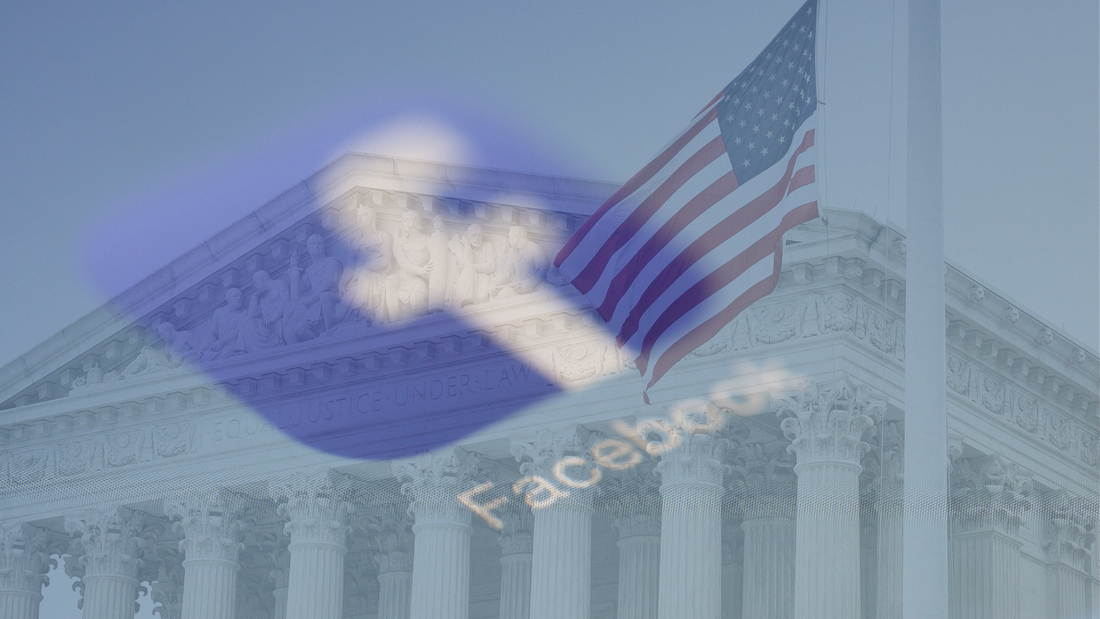
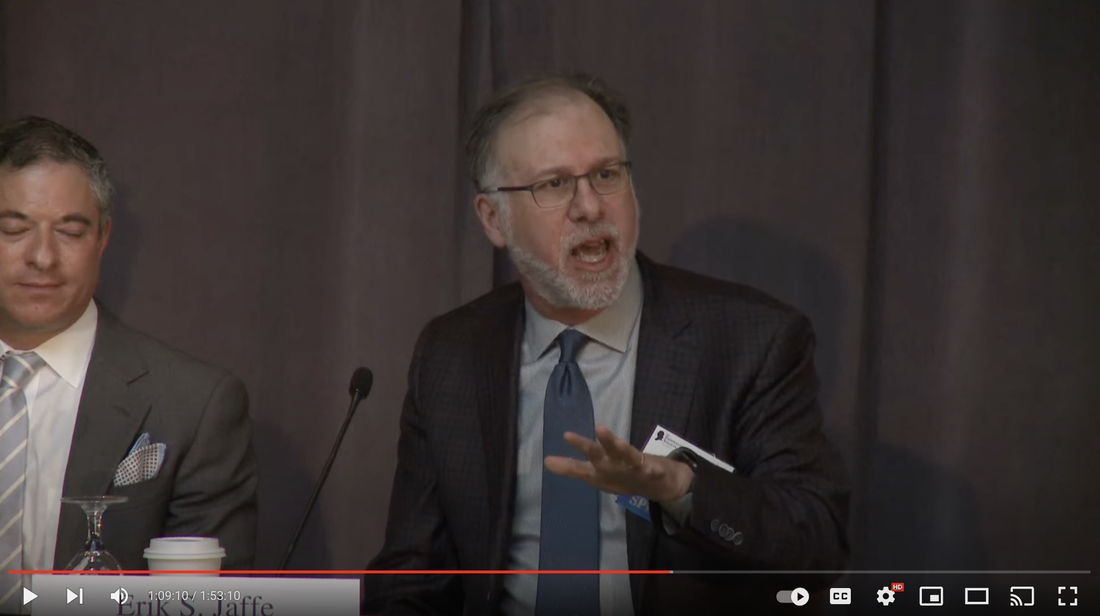


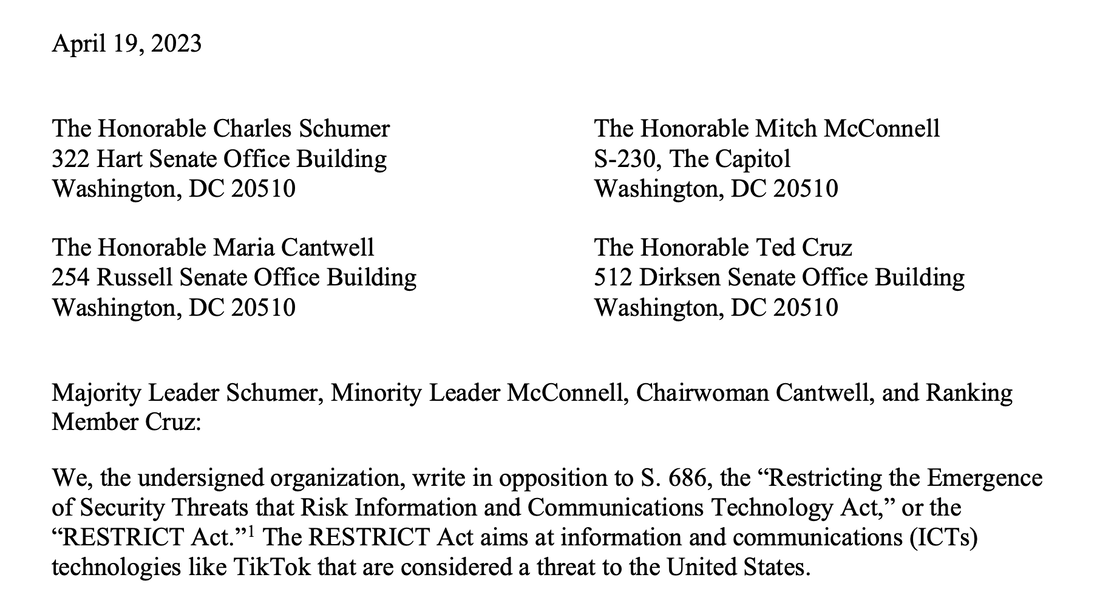





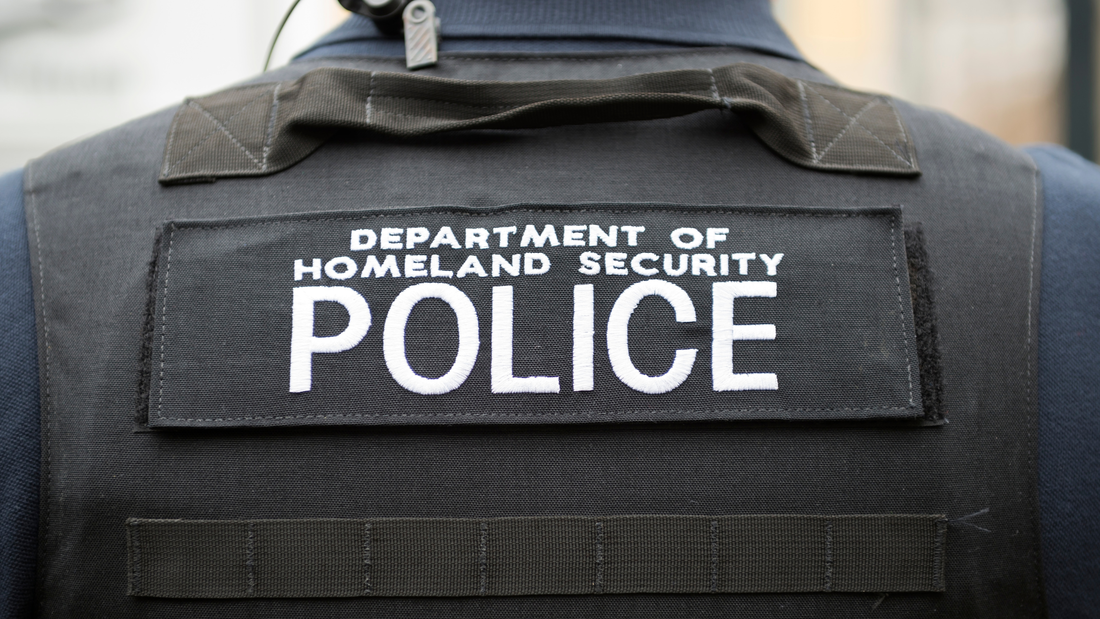
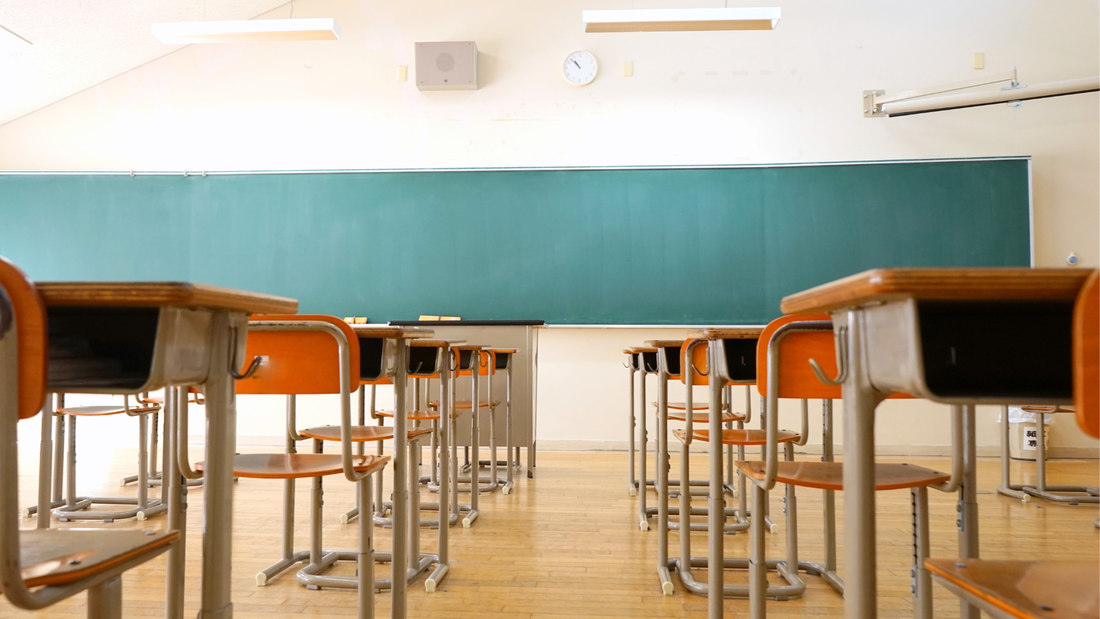

 RSS Feed
RSS Feed